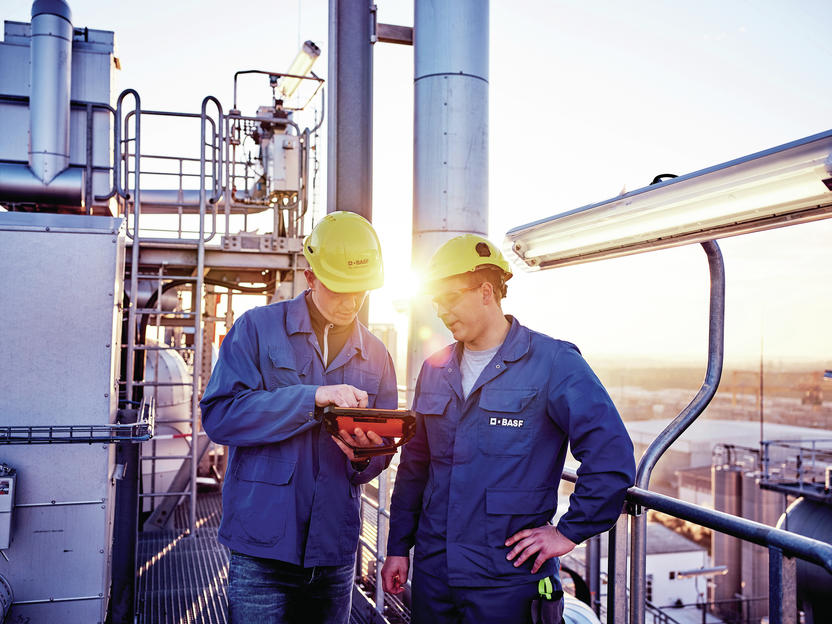BASF has broken ground for its new cathode active materials production plant in Schwarzheide, Germany. The new plant is part of BASF’s multi-step investment plan in the European battery materials market and will use precursors from the company’s previously announced plant in Harjavalta, Finland. Construction has already started in August in Schwarzheide and the plant is scheduled for a 2022 start-up.

The cathode active materials plant will be equipped with world leading process technology and enable the supply of around 400,000 full electric vehicles per year with BASF battery materials.
In an online event, the company celebrated this milestone together with customers, politicians and partners.
“We support our customers and want to capture the growth opportunity in the fast-growing electric mobility market with our investments in battery materials in Europe,” said Dr Martin Brudermuller, chairman, board of executive directors of BASF SE. “Electromobility is one of the key solutions to unite the global desire for individual mobility and the need to significantly reduce local emissions. BASF is driving sustainable electromobility with innovative battery materials and state-of the art technology,” he said.
“BASF’s groundbreaking ceremony today marks a further step in the right direction for Germany’s industrial sector and the establishment of a European value chain for electric mobility. Specifically, the Federal Government and the Land are providing approximately €175 million towards BASF’s project,” said Peter Altmaier, federal minister for economic affairs and energy.
“The battery value chain is of strategic importance for Europe’s resilience, particularly with respect to clean, sustainable mobility. Building a competitive, innovative and sustainable battery ecosystem in Europe will also help protect millions of jobs in European industries in the face of tougher global competition,” said European Commission vice president Maros Sefcovic.
“Industrial jobs, economic growth and climate protection: At BASF in Schwarzheide, these go together perfectly. The investment decision amidst severe structural transformation processes in the Lusatia region is nothing less than a milestone,” said Dr. Dietmar Woidke, minister president of the State of Brandenburg.
BASF is committed to provide a reliable and sustainable local supply of high-energy density cathode active materials to cell producers and automotive customers meeting their specific needs in Europe.
“The new plant together with the precursor plant in Harjavalta will use efficient manufacturing processes, a high share of renewable energy, upstream integration into the key raw materials like cobalt and nickel, and a short transportation route along the value chain.
“These measures will lead to a 30 percent lower CO2 footprint compared to the conventional industry standard,” said Dr. Peter Schuhmacher, president, catalysts division at BASF.
“With efforts on recycling, we aim to ‘close the loop’ while reducing the CO2 footprint of our cathode active materials by up to 60 percent in total,” he added.
“The new plant is already well under construction and will expand our product portfolio at the site, creating around 150 new jobs after its start-up in 2022,” said Jurgen Fuchs, managing director, BASF Schwarzheide GmbH.
The investment in Schwarzheide reinforces BASF’s support of the European Commission’s agenda towards a European battery production value chain and is part of the “Important Project of Common European Interest (IPCEI)” approved by the European Commission on December 9, 2019, under the European Union State aid rules.
FROM: Worldofchemicals